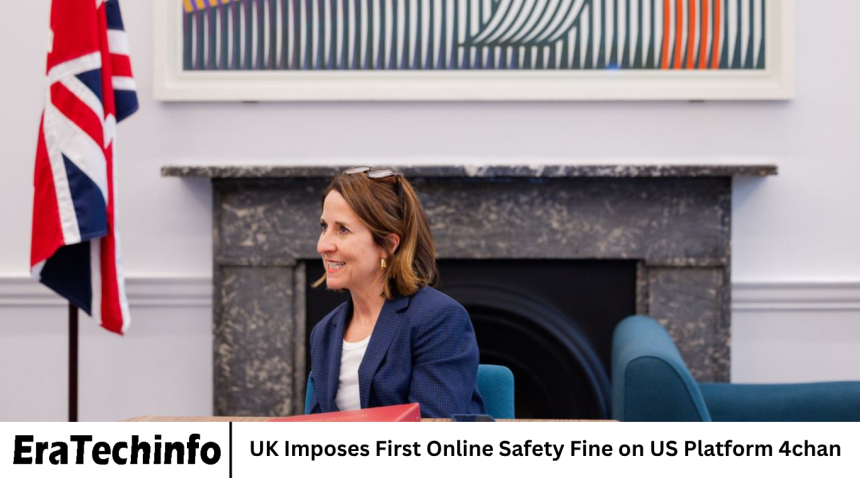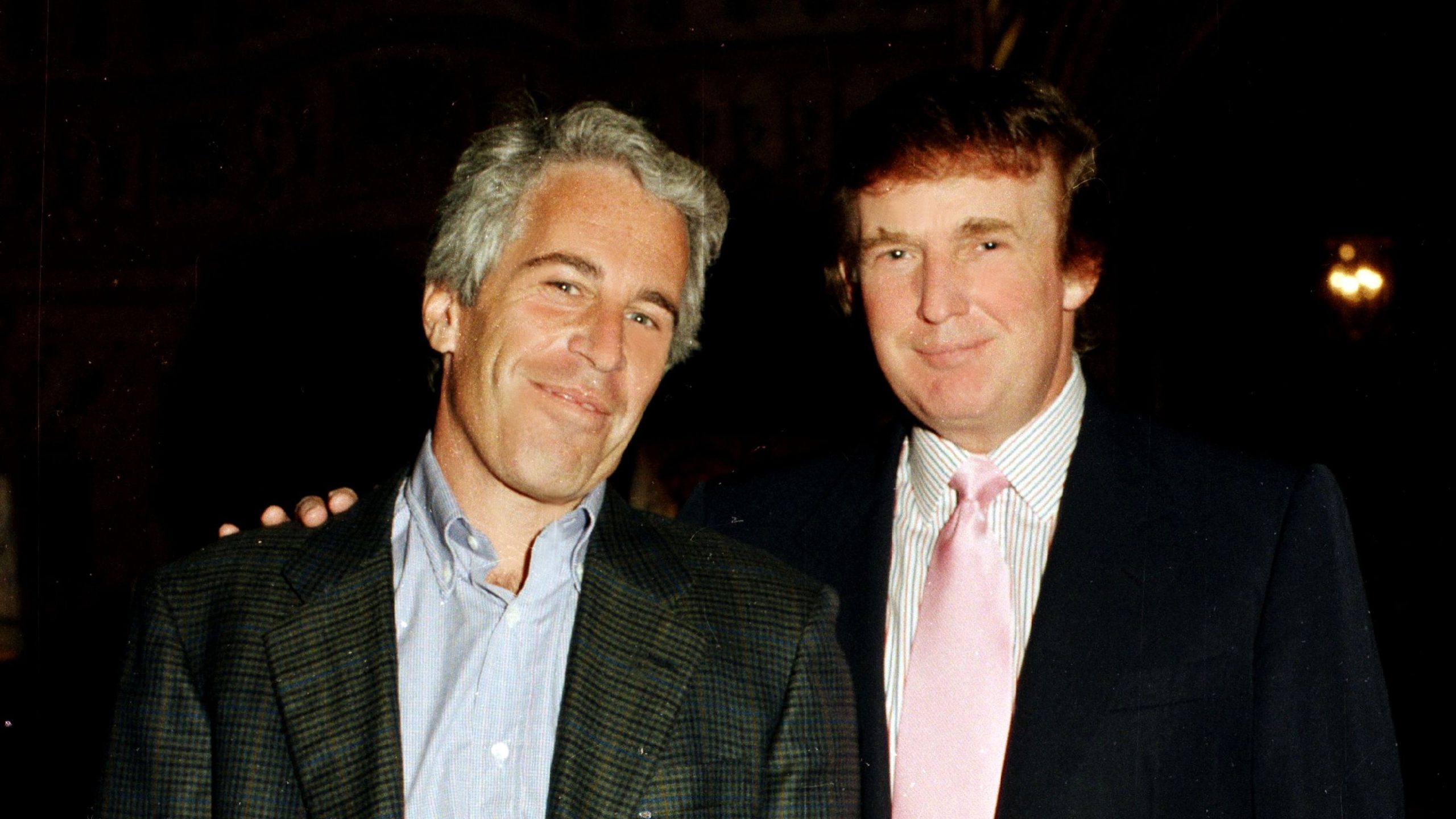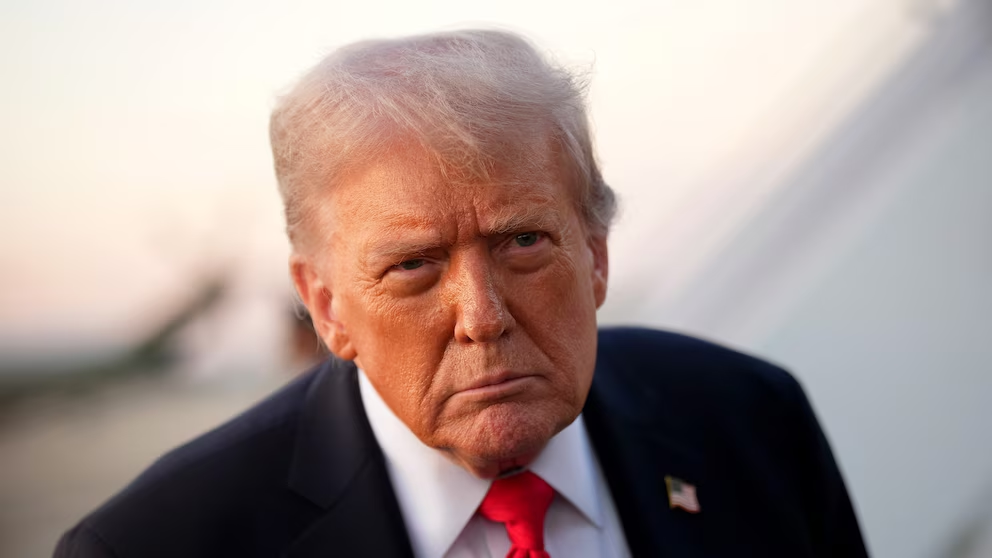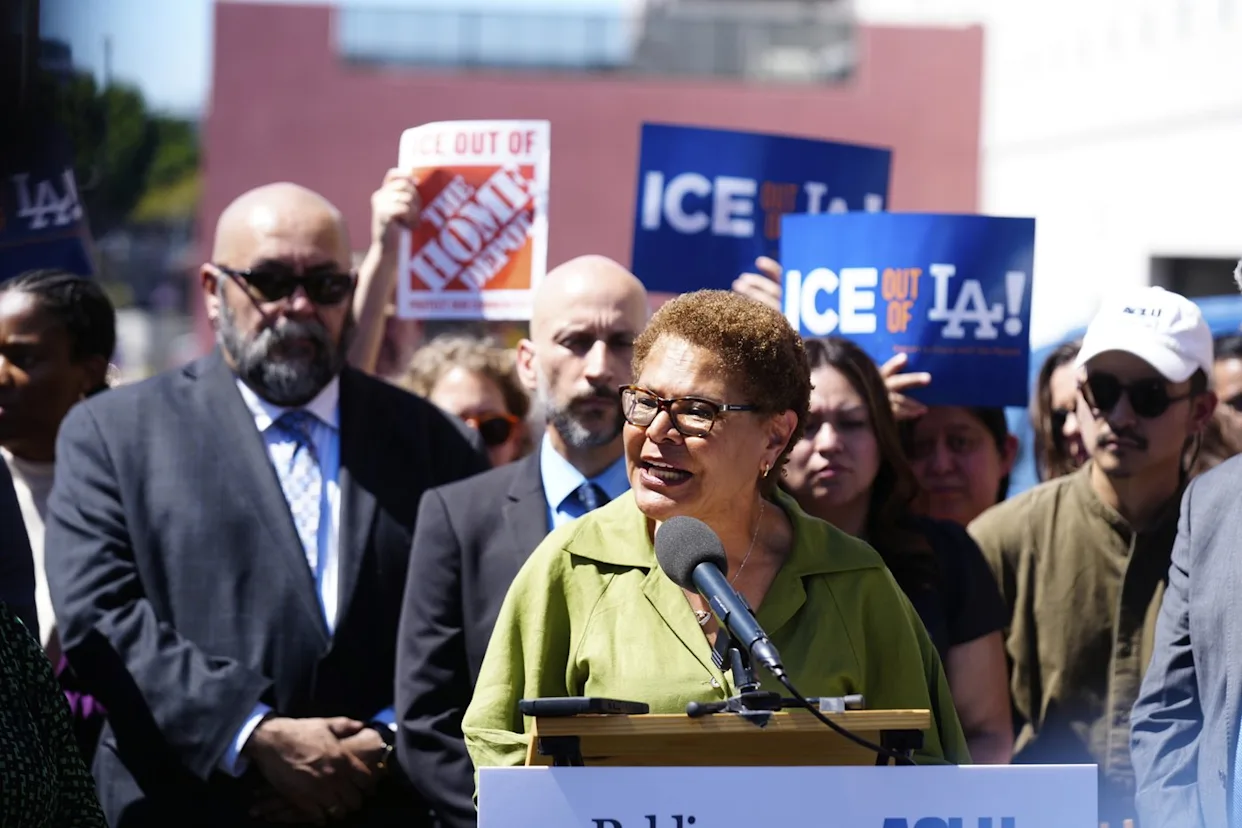In a historic move, the United Kingdom has issued its first-ever online safety fine to the American-based website 4chan. The decision marks a major step in enforcing the country’s new Online Safety Act, which was designed to hold online platforms accountable for the content shared by their users. 4chan, known for its anonymous and often controversial discussions, has long been at the center of debates over online moderation, freedom of speech, and the spread of harmful material.
- What Led to the Fine
- Understanding the Online Safety Act
- Why 4chan Was Targeted
- Global Implications of the Decision
- The Debate Over Free Speech and Regulation
- How Platforms Are Responding
- The Role of Ofcom in Online Regulation
- Reaction from the Public and Industry
- What This Means for the Future of Online Regulation
- Frequently Asked Questions
- Conclusion
The fine highlights the UK government’s determination to make the internet a safer place by ensuring that all platforms—no matter where they are based—take active steps to protect users from harmful and illegal content. This event is not only a turning point for online regulation in the UK but also a warning for global tech platforms that have long resisted stricter oversight.
What Led to the Fine
The fine issued to 4chan came after an investigation by Ofcom, the UK’s communications regulator. Under the Online Safety Act, Ofcom has been given new powers to monitor and take action against digital platforms that fail to remove or prevent the spread of illegal and harmful content.
According to reports, the regulator found that 4chan had repeatedly hosted and failed to remove violent, extremist, and illegal materials, including hate speech and harmful conspiracy content. Complaints from UK citizens and advocacy groups triggered a deeper investigation, which revealed that 4chan’s moderation systems were inadequate.
Despite multiple warnings, the platform reportedly made little effort to comply with the new rules, leading to a significant fine. The case shows that UK authorities are serious about enforcing the Online Safety Act, even against platforms that are based outside the country.
Understanding the Online Safety Act
The Online Safety Act was created to make the internet safer for all users, especially children and vulnerable individuals. It requires social media sites, video platforms, and other online communities to remove harmful content, prevent illegal activity, and provide better tools for user protection.
The Act covers a wide range of issues, including online harassment, the sharing of child abuse material, promotion of self-harm, and the spread of terrorism-related content. Platforms must demonstrate that they have proper moderation policies, effective reporting systems, and transparent safety measures in place.
Non-compliance can result in heavy fines or even restrictions on operating within the UK. The fine against 4chan is therefore seen as a landmark case—it proves that the law is not just symbolic but enforceable.
Why 4chan Was Targeted
4chan has long been known as one of the most unregulated platforms on the internet. Created in 2003, it was initially meant as a simple imageboard for discussions about Japanese culture, anime, and games. Over time, however, it became infamous for hosting controversial and sometimes dangerous discussions.
Unlike most modern platforms, 4chan does not require users to create accounts, which makes it nearly impossible to trace or hold individuals responsible for their posts. This anonymity has encouraged free expression but also made it a breeding ground for hate speech, harassment, and illegal content.
The UK regulator’s decision to fine 4chan is based on the view that the site’s lack of moderation and accountability poses real risks to public safety. The investigation showed that harmful content could easily spread on 4chan, and the site’s administrators did not respond to removal requests from UK authorities in a timely manner.
Global Implications of the Decision
The fine against 4chan has global implications. It signals that governments are ready to take action even against foreign platforms that serve local users. The UK’s stance could inspire other countries to follow suit, enforcing stricter rules on online platforms regardless of where they are headquartered.
For international companies, this could mean the need to invest more in local compliance teams, improve content moderation systems, and build transparent relationships with regulators. The 4chan case might push tech companies to rethink how they operate in countries with strong online safety laws.
Some experts believe that this could lead to a safer internet overall, while others worry it might create a patchwork of regulations that make it difficult for smaller platforms to operate globally. Either way, the era of unregulated digital spaces seems to be coming to an end.
The Debate Over Free Speech and Regulation
The 4chan fine has reignited debates about the balance between free speech and online safety. Supporters of regulation argue that freedom of expression should not come at the expense of user safety. They believe platforms must take responsibility for harmful content that spreads unchecked.
Critics, however, argue that overregulation could harm open discussion and innovation. They fear that governments might misuse their power to silence dissent or unpopular opinions. 4chan’s defenders often argue that the platform represents one of the few remaining places on the internet where speech is truly free.
Yet, the UK government maintains that its intention is not to censor but to ensure accountability. The Online Safety Act is aimed at stopping the most serious forms of harm—such as violent content, exploitation, and hate campaigns—while still allowing for open expression.
How Platforms Are Responding
Following the UK’s action, other online platforms are watching closely. Some have already started strengthening their safety policies to avoid similar penalties. Social media giants like Meta, TikTok, and X (formerly Twitter) have previously been criticized for their handling of harmful content, and they are now under more pressure to comply with stricter safety rules.
For smaller platforms, compliance can be challenging. It requires hiring moderators, developing AI-based content detection tools, and building systems for user reporting—all of which cost time and money. However, failing to act could mean facing fines or even bans.
Experts suggest that collaboration between tech companies and regulators could be the best path forward. By working together, they can create fair and effective solutions that protect users while respecting freedom of expression.
The Role of Ofcom in Online Regulation
Ofcom’s role in the new regulatory landscape is central. As the UK’s communications watchdog, it now has the authority to investigate, fine, and even restrict access to non-compliant platforms. The regulator is also responsible for setting clear guidelines that platforms must follow to stay compliant.
In the case of 4chan, Ofcom used its investigative powers to assess the platform’s risk management systems, review user reports, and measure its response time to harmful content. The resulting fine demonstrates that Ofcom is willing to use its powers fully.
Ofcom has said it plans to focus next on major global platforms to ensure they are meeting their legal obligations. The regulator’s actions could set the tone for a new era of digital accountability.
Reaction from the Public and Industry
Public reaction to the 4chan fine has been mixed. Many internet users in the UK welcomed the decision, saying it was about time that harmful online spaces were held responsible. Advocacy groups working on digital safety praised the move as a victory for victims of online abuse.
However, some users expressed concerns that the fine could lead to overreach and censorship. Tech industry representatives have also warned that heavy fines could discourage innovation and place an unfair burden on smaller websites.
Despite these differing views, one thing is clear: the 4chan case has forced a global conversation about how to balance online freedom with responsibility.
What This Means for the Future of Online Regulation
The 4chan fine may be the first, but it will not be the last. The UK government and Ofcom have made it clear that enforcement will continue. As technology evolves, new challenges such as artificial intelligence-generated content, deepfakes, and disinformation will require even more vigilance.
This event could also accelerate international cooperation on online safety. Governments might work together to create consistent global standards that prevent harmful content while allowing free expression. For online platforms, this could mean a shift toward transparency, accountability, and user protection as core parts of their business models.
In the future, we might see a more structured digital world where user safety is not an afterthought but a fundamental part of online life.
Frequently Asked Questions
What is the Online Safety Act?
The Online Safety Act is a UK law designed to make the internet safer by requiring platforms to remove harmful and illegal content, protect users, and improve transparency.
Why was 4chan fined?
4chan was fined because it failed to comply with the Online Safety Act by allowing violent, extremist, and illegal content to remain on its platform without proper moderation.
Who issued the fine to 4chan?
The fine was issued by Ofcom, the UK’s communications regulator, which has the authority to enforce online safety rules.
Does the Online Safety Act affect foreign websites?
Yes. The law applies to any online platform that can be accessed by UK users, even if the company is based in another country.
How will this fine impact other online platforms?
The fine sends a warning to other platforms that they must follow online safety regulations or face similar penalties. It could lead to stronger global moderation policies.
What are the main goals of the Online Safety Act?
The main goals are to reduce online harm, protect children and vulnerable users, and ensure platforms take responsibility for user safety and illegal content.
Is this the beginning of stricter internet regulation worldwide?
Yes, many experts believe the UK’s move could inspire other countries to adopt similar laws, leading to more global coordination on online safety and digital accountability.
Conclusion
The UK’s decision to fine 4chan under the Online Safety Act represents a significant milestone in the history of digital regulation. It signals a new era where governments are no longer willing to tolerate unmoderated online spaces that pose risks to public safety.
While the fine raises questions about free speech and the limits of regulation, it also serves as a reminder that the digital world is not beyond the rule of law. 4chan’s case will likely be studied and debated for years, but one thing is certain: the age of total online freedom without responsibility is coming to an end.










